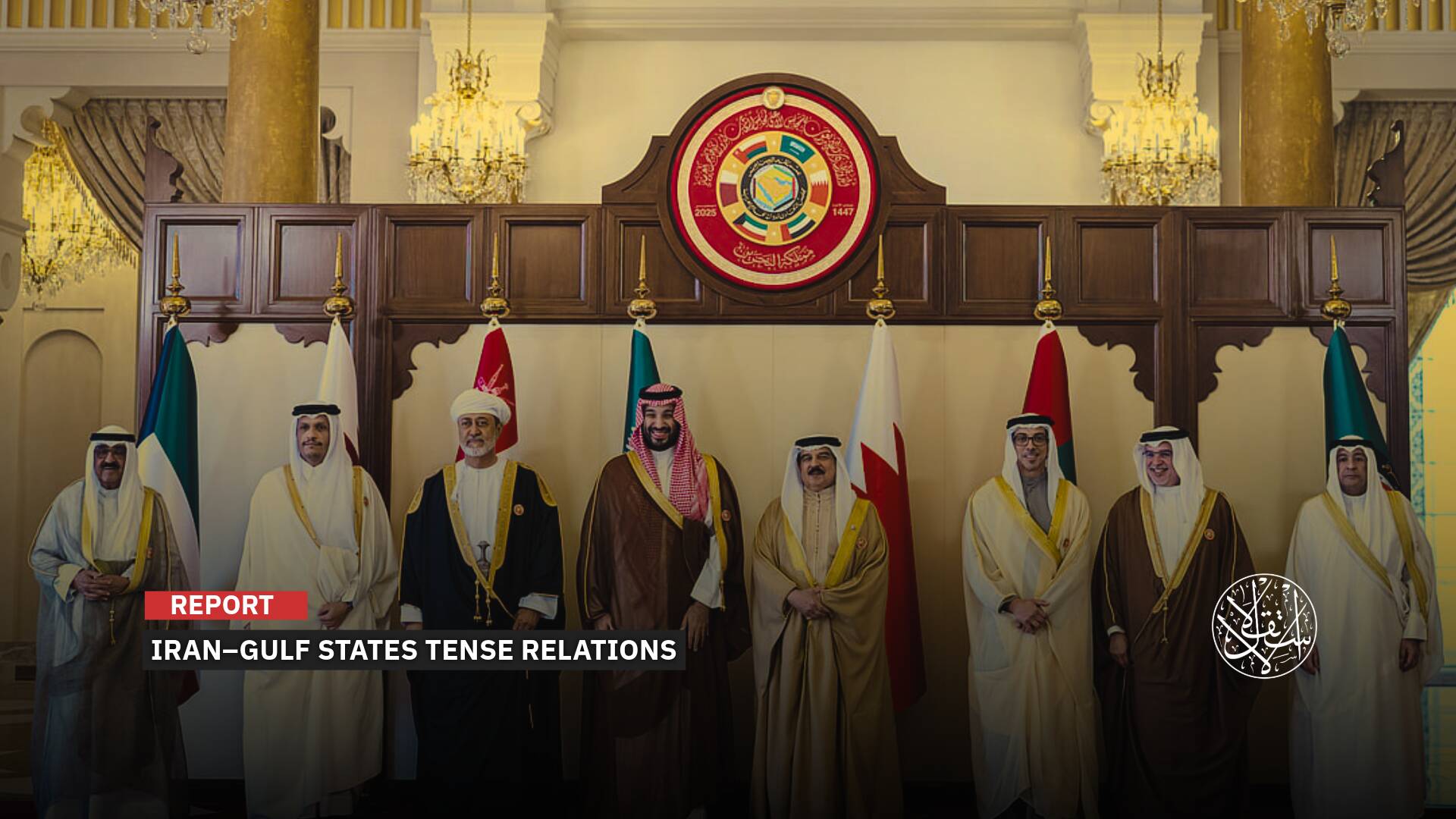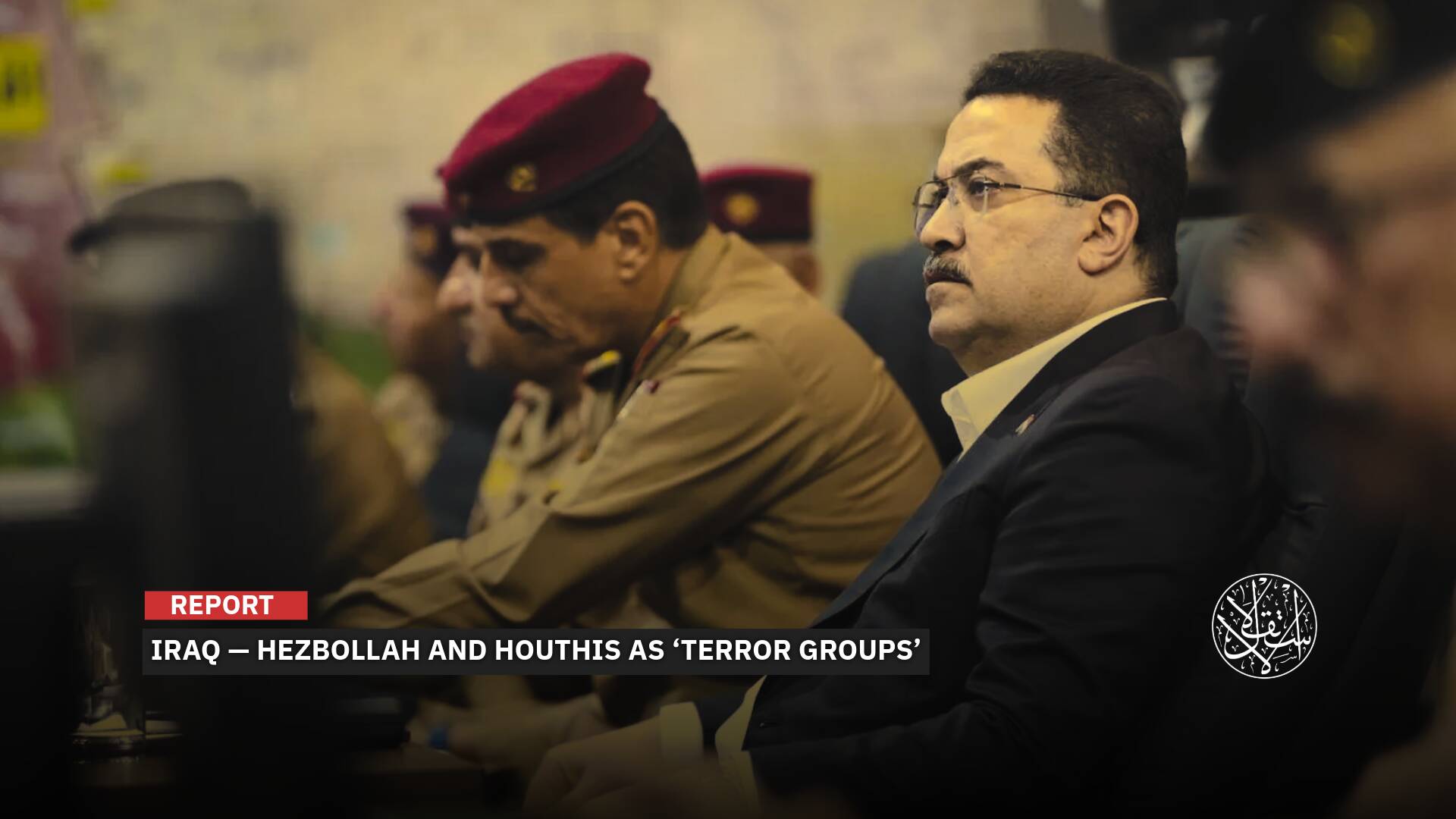Soft Diplomacy: How Turkiye Strengthened Its Presence in Africa

“In 2008, the first Turkiye-Africa cooperation summit was held in Istanbul.”
Africa, a resource-rich continent, has become a vital core of Turkiye's geostrategic interests.
Unlike other colonial powers such as France, Turkiye has succeeded in strengthening its presence on the African continent as a strategic partner, leveraging its geographical location and expertise in many fields to develop long-term relationships.
Ankara has strengthened its position as a regional player through diplomatic mediation that has diffused acute crises, such as the peace agreement in the Horn of Africa between Somalia and Ethiopia, reflecting its ambition to play a leading international role.
It has also succeeded in building fruitful military partnerships by supplying African countries with Turkish military equipment, such as the Bayraktar drones that now fly over the continent.
While Erdogan refers to Turkiye as an ‘Afro-Eurasian’ country, analysts believe that Turkiye's success in deepening its African presence depends on the attractiveness of its projects and its ability to offer real alternatives to countries seeking to diversify their foreign partnerships.
Turkish Influence
Over the past few years, Turkiye has worked extensively to consolidate its political and economic presence in Africa, taking advantage of the declining influence of traditional Western powers.
It has recently intensified its efforts to build military partnerships and position itself as a mediator in resolving conflicts on the continent.
In addition, Ankara has also strengthened its diplomatic presence in Africa. There are now 44 Turkish embassies in Africa, compared to 12 in 2002, while Turkish Airlines flies to more than 60 African destinations.
Turkiye acquired observer status within the African Union in 2005 before obtaining strategic partner status with the same organization in 2008.
The absence of a colonial history on the continent is one of Turkiye's most important strengths, giving it a symbolic advantage in dealing with countries seeking partners free from the heavy legacy of their colonial past.
As part of these efforts, the Antalya Forum, held from April 11 to 13, attracted numerous African officials, most notably Somali President Hassan Sheikh Mohamud and Ivorian Foreign Minister Kacou Houadja Leon Adom.
“We have relations with France of which we are very proud. But France doesn’t prevent us from having other partnerships. We are keen to work with Turkiye in all sectors, including communications, trade, security, education or training,” Minister Adom said.
In December 2024, Turkiye announced its mediation between Ethiopia and Somalia, a move that led to the resolution of the dispute between the two countries over the Somaliland agreement, a move welcomed internationally and in Africa.
This role establishes Turkiye's image as a mediator seeking real solutions to African problems, according to Turkish diplomat Alp Ay.

Turkiye-Africa Relations
Turkiye's interest in Africa is not new. Since the beginning of the current century, Ankara has sought to establish itself in the difficult African equation.
The ruling Justice and Development Party (AKP) worked to formulate a new foreign policy toward Africa, beginning with the declaration of 2005 as the Year of Africa.
Then Prime Minister Recep Tayyip Erdogan visited Ethiopia, South Africa, Morocco, and Tunisia, becoming the first Turkish prime minister in the Republican era to officially visit a country located south of the Equator.
Ankara also joined the Economic Community of West African States (ECOWAS) in May 2005, the African Development Bank and the African Development Fund in May 2008, and the Intergovernmental Authority on Development (IGAD) in June 2008.
Turkiye-Africa rapprochement then took a step forward in August 2008, following the first Turkiye-Africa Cooperation Summit in Istanbul. This summit has subsequently been held twice—in Ghana in 2014 and in Turkiye in 2021.
Since 2008, the Turkish President has visited approximately 30 African countries and sought to direct investments toward these countries, which are rich in precious minerals, such as cobalt and uranium.
In recent years, Turkiye has increased its investments in energy and infrastructure and has played a broad diplomatic role, opening new consulates and providing significant humanitarian aid to African countries, while security and military cooperation has grown.
Because the African continent boasts a huge consumer market of 1.3 billion people, trade between Turkiye and Africa increased from $742 million in 2000 to $35 billion in 2023.
Erdogan, for his part, expressed his country's goal of increasing trade with Africa to $75 billion in its final phase.
However, given the interest of other regional powers, such as Russia and China, it remains unclear how far Ankara can go in this regard.
On the other hand, Ankara has been keen to utilize foreign aid as a key tool of soft power, particularly in the areas of development, education, and infrastructure.
In 15 years, for example, the Turkish Cooperation and Coordination Agency (TIKA) has opened offices in 22 African countries and runs some 7,000 aid programs in 54 African countries.
The Turkish Maarif Foundation currently operates approximately 191 educational institutions in 25 African countries, and 12,600 African students receive full scholarships from Turkiye between 2012 and 2021.
The volume of projects undertaken by Turkish contracting companies across the African continent has reached approximately $71.1 billion, and Ankara has also established joint business councils with 45 African countries.
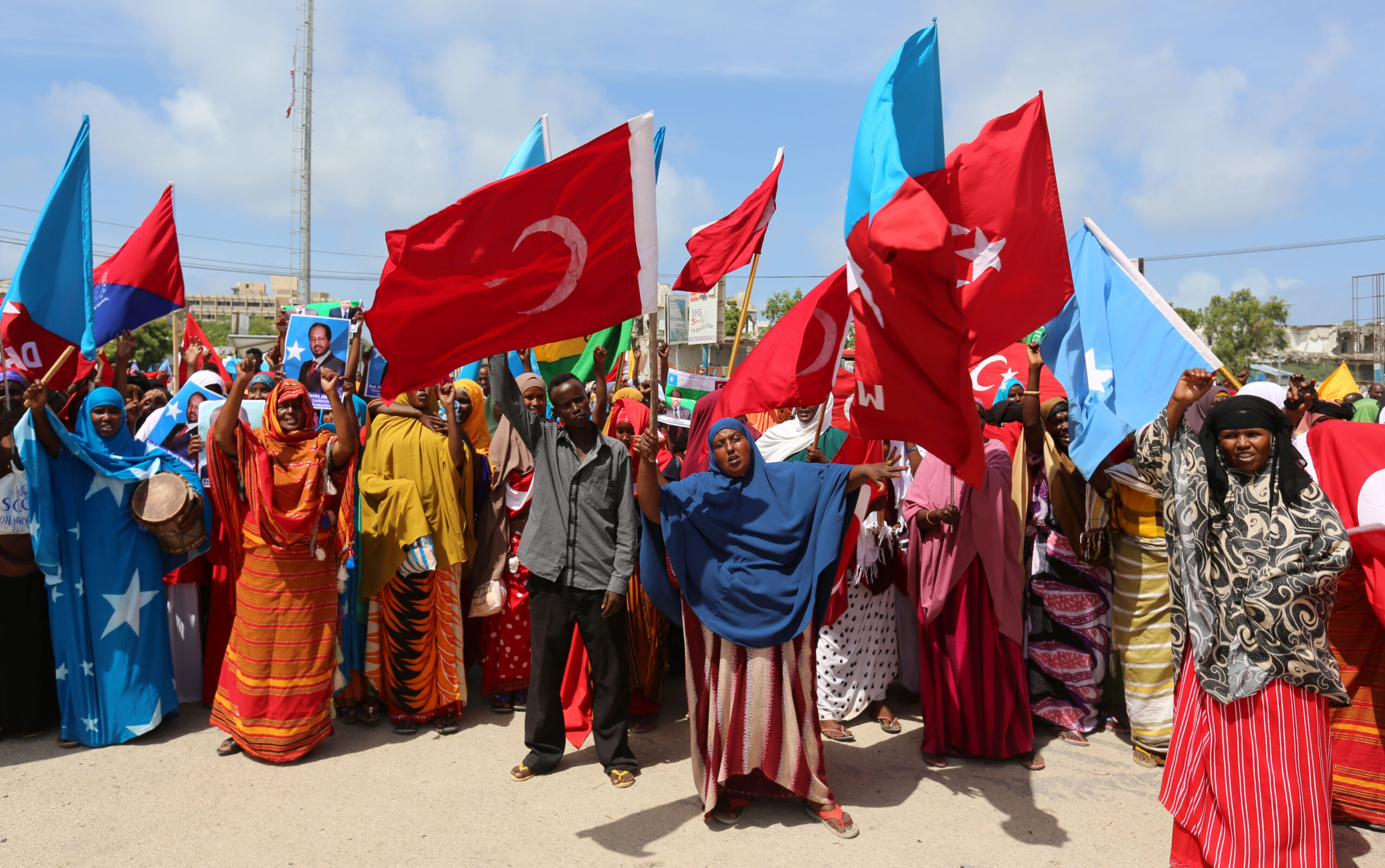
Soft Power
With the strengthening of commercial, investment, and cultural presence, a shift into strategic areas, such as security and armaments, has become possible, particularly through the 71 Turkish military offices spread across the continent.
Turkiye’s arms exports to Africa, while still relatively small, have increased rapidly in recent years, rising from $83 million in 2020 to $460 million in 2021.
They are driven by the growing success of Turkiye’s defence industries, whose exports in 2023 were valued at $5.5 billion, up from $248 million in 2002.
Through defense agreements with approximately 25 African countries, such as Somalia, Libya, Kenya, Rwanda, Ethiopia, Nigeria, and Ghana, Turkiye has opened the door to its defense exports, particularly drones, which have proven effective in several theaters of conflict.
This is in addition to the establishment of several comprehensive military bases, the largest of which is ‘the TURKSOM base’ in the Somali capital, Mogadishu, in addition to other bases under construction in Libya, Djibouti, and Niger.
Turkiye is the fourth largest arms supplier to sub-Saharan Africa, according to a study published by the Stockholm International Peace Research Institute (SIPRI) in March 2024.
Many African countries face security challenges with groups capable of causing chaos and destruction, such as Al-Shabaab in Somalia, Boko Haram in Nigeria, and the Lord's Resistance Army, which originated in Uganda.
Turkiye is attempting to exploit the French withdrawal from countries such as Burkina Faso, Niger, and Mali by offering to supply these countries with military equipment. It has already concluded deals with some of these countries, such as Mali, which recently received Bayraktar drones.
In this context, in February 2024, Turkiye signed a defense cooperation agreement with Somalia, which includes building the Somali navy to combat piracy and arms smuggling. Turkiye also provided the Somali army with TB2 drones to help it target Al-Shabaab groups.
Ankara is involved in training the armed forces in many African countries, according to Turkish diplomatic sources who refused to specify which nations were involved.
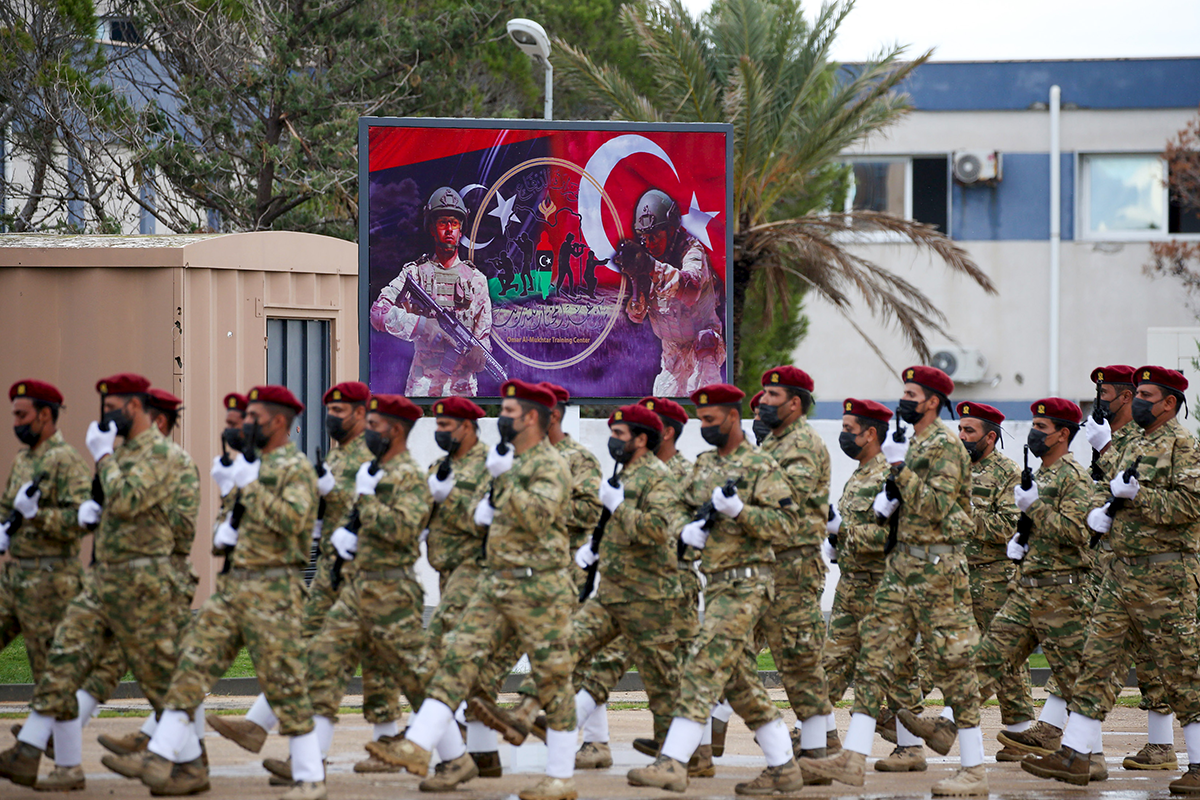
Ankara's Africa policy is not devoid of self-interest, especially as it seeks to secure its energy needs from African markets.
Ankara imports 90% of its oil and gas needs from Africa, with Nigerian gas accounting for the largest share, and Algeria is the fourth-largest exporter of liquefied petroleum gas.
This is in addition to various raw materials, such as gold, iron, and copper, which are essential minerals for Turkish industry.
Turkiye's exports to Africa include grains, food products, construction materials, household appliances, electrical appliances, as well as defense and military industries.
Turkiye's ambition to produce nuclear energy in the future and its need for uranium, which is produced in Africa, is clearly demonstrated by its recent cooperation with Niger, the world's seventh-largest uranium producer.
In July and October 2023, Turkiye signed several mining agreements with Niger, where the Turkish mining company MTA owns three gold mines in the Sahel nation of Africa.
Burkina Faso, Zimbabwe, and Côte d'Ivoire, for example, have also emerged as other partners for Turkish mining companies.
Iron ore and other mineral mining operations are also important for expanding Turkiye's industrial base.
In March 2024, Turkiye and Somalia signed a cooperation agreement for the exploration, appraisal, development, and production of oil and gas in Somalia's onshore and offshore regions.
This was followed by another agreement in July 2024 between Ankara and Mogadishu for hydrocarbon exploration and production.
Furthermore, Turkiye announced its intention to send a drilling ship to explore Somalia's offshore oil areas.
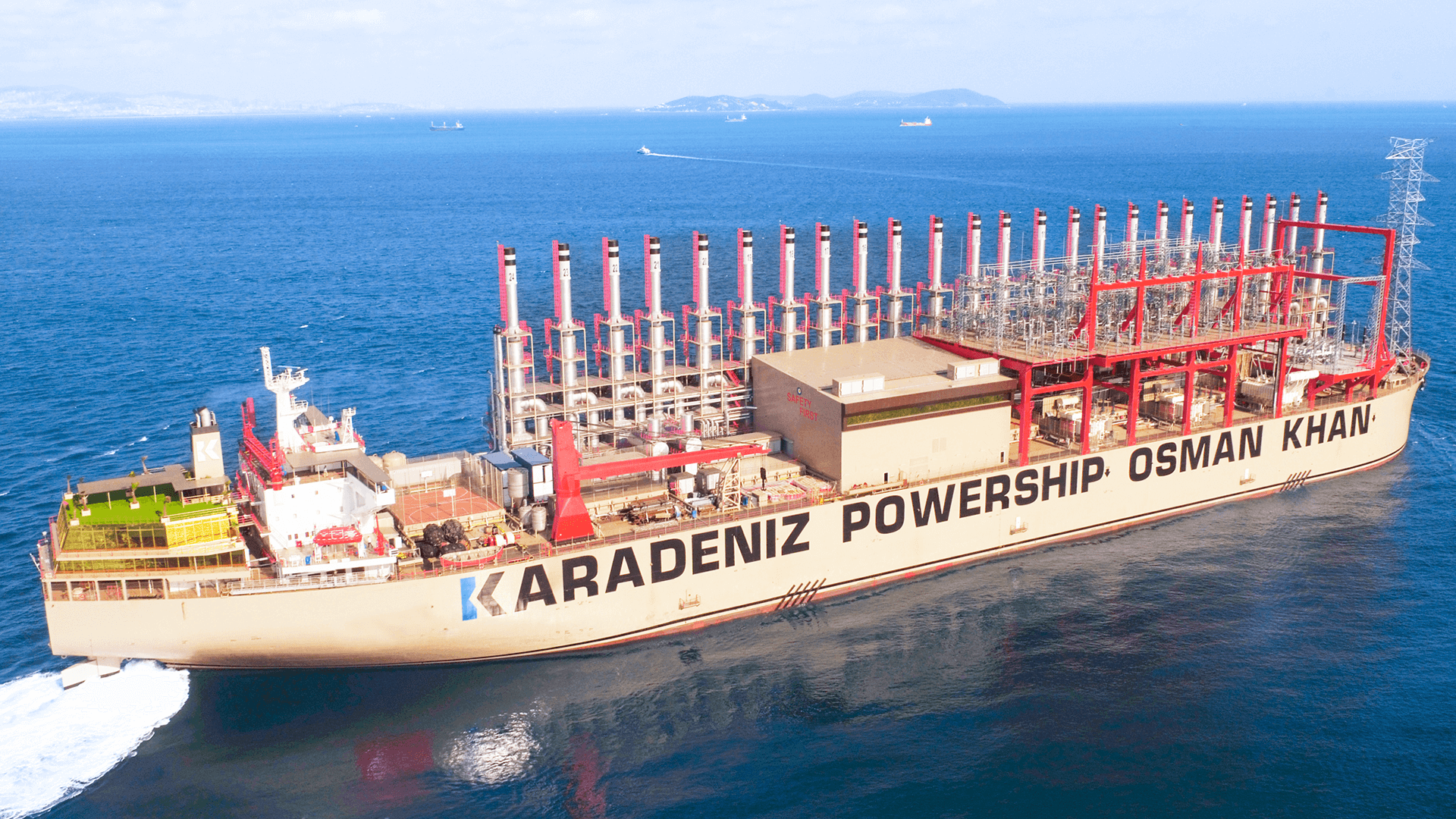
For his part, African affairs researcher Dr. Said Elhaj confirmed in a statement to Al-Estiklal newspaper that “Turkiye's growing presence in Africa relies on multi-track diplomacy, combining training, education, and aid on the one hand, and military cooperation and defense industries on the other, along with political mediation.”
“However, none of Ankara’s Middle Eastern rivals in Africa has invested as much as the latter to date, making Turkiye increasingly and indisputably a genuine regional power on the African continent,” he added.


